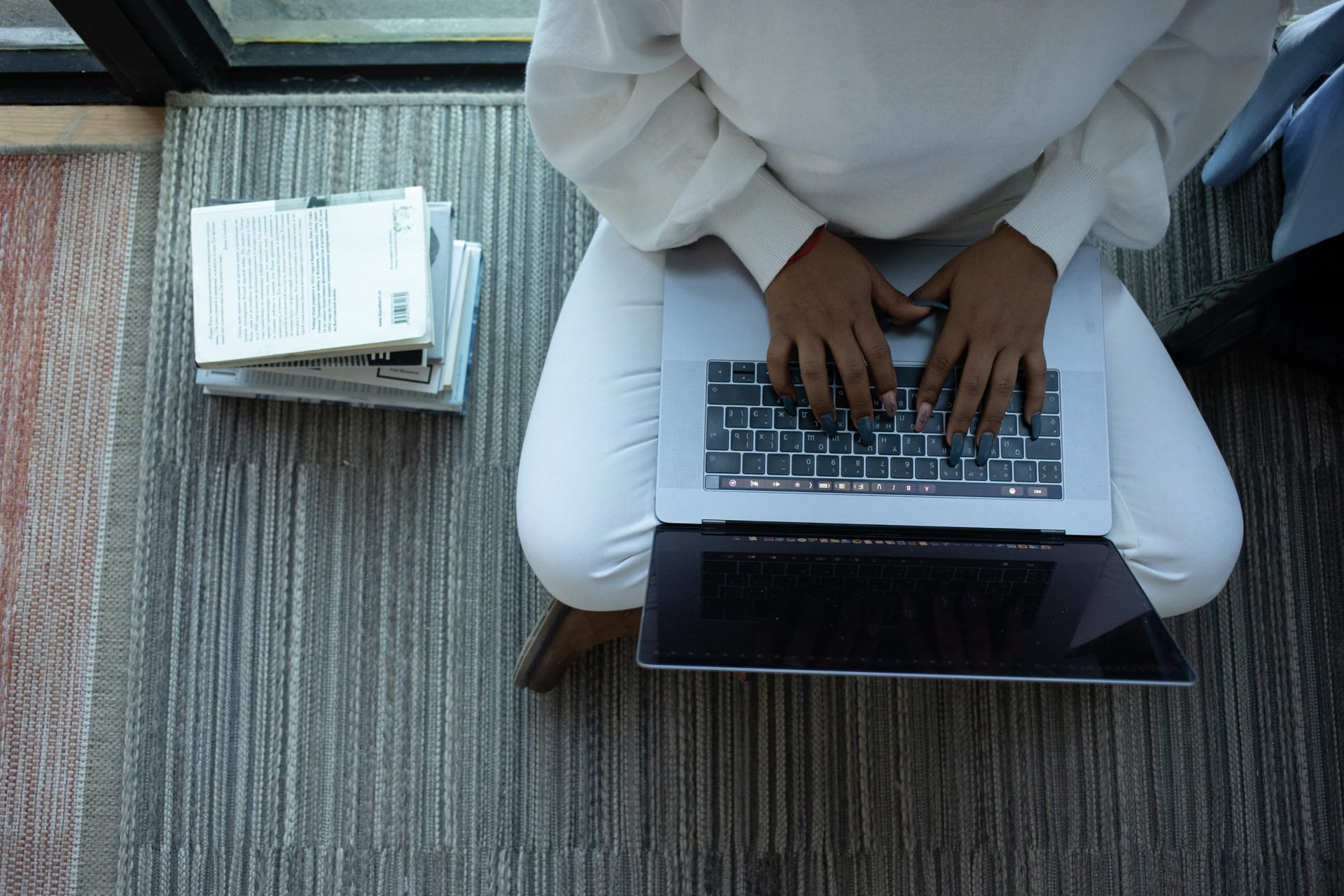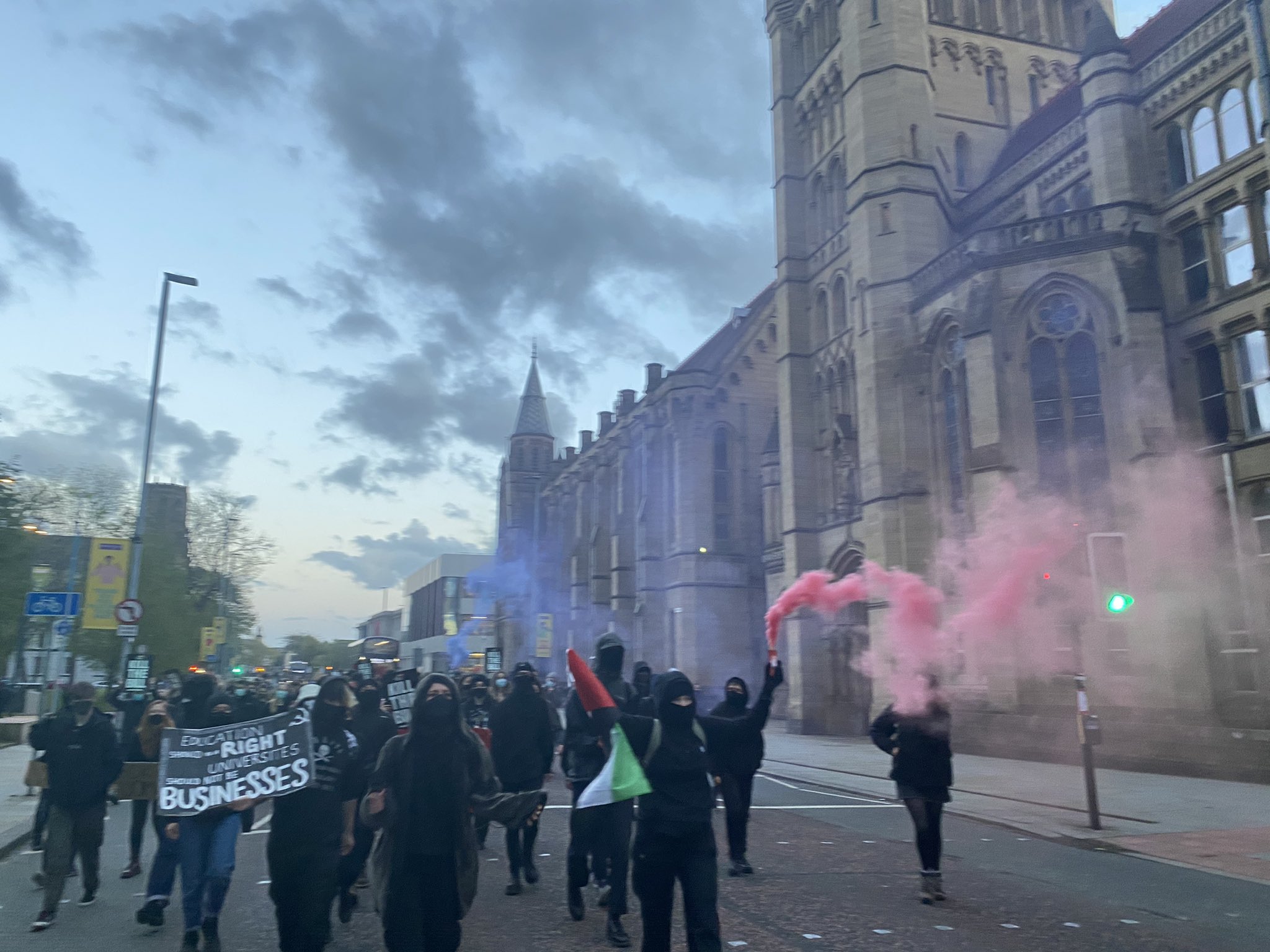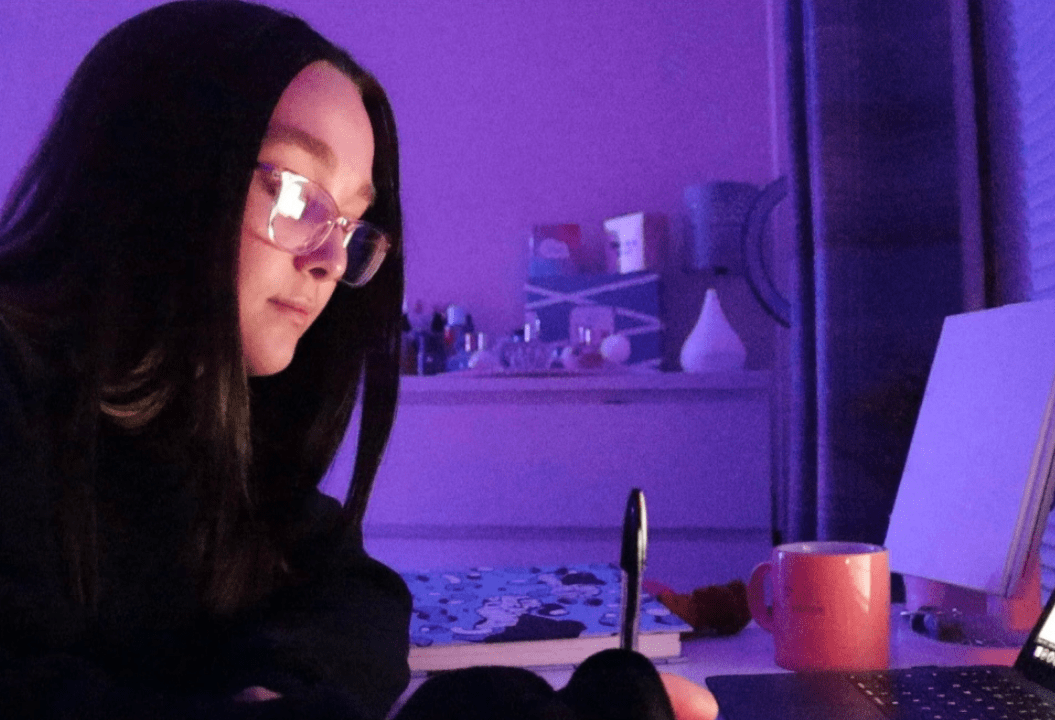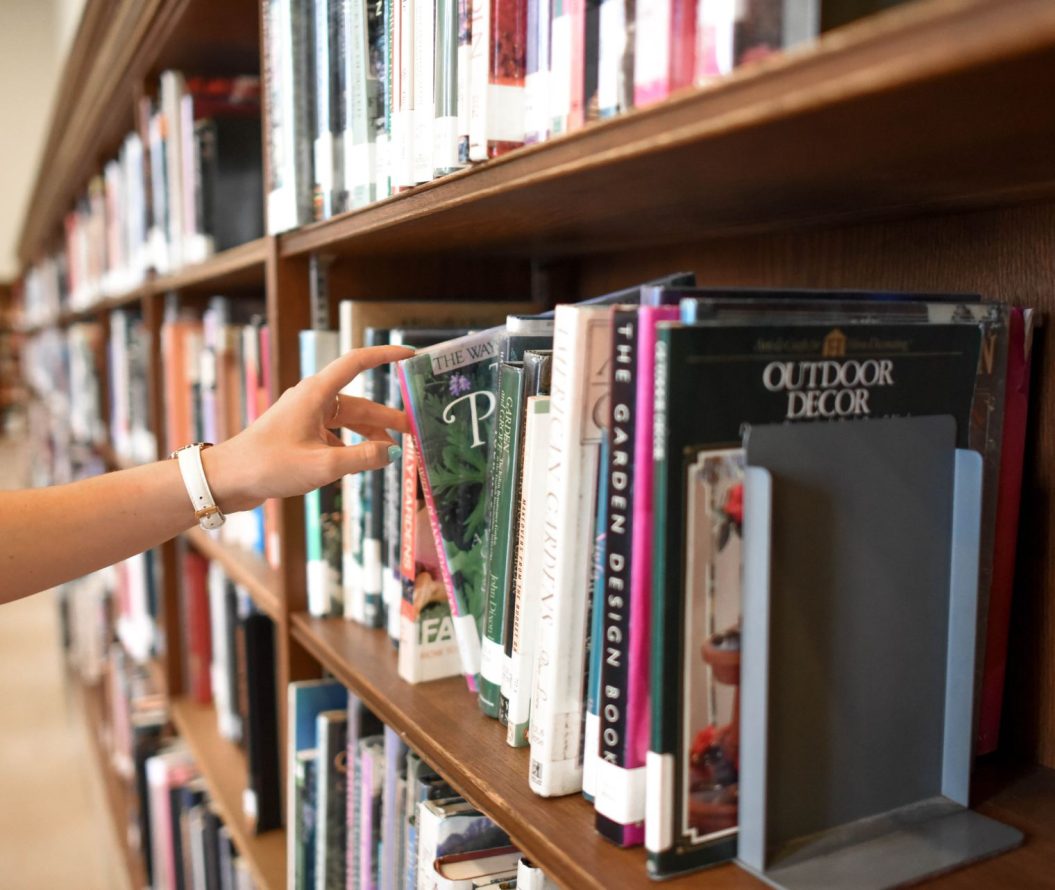Hi! I'm a third year history student who loves cats, music, tattoos and records! I'm passionate about disability and mental health advocacy and awareness :)

While Covid-induced changes to education have been unfair and inadequate for many, I’ve found changes to my university teaching to be far more accessible and easier for me to attend.
I’m not writing this for pity or congratulations – I’m writing this so that able bodied and neurotypical people can understand what it’s like to exist in a system that doesn’t work for them.
The down side …
Of course, I share the outrage of many at tuition fees remaining the same, the dangers of hundreds of children mixing at school and the deplorable treatment of the self-isolating pupils across the country, with Manchester students being caged in like cattle struggling for mental health support. The University of Manchester students have also occupied Owen’s Park Tower in a rent-strike bid with the slogan ‘9k 4 what?’. They are seeking a 40% reduction in rent to reflect a lack of face-to-face teaching, and confirmation of no staff redundancies as a result of the pandemic. The A-level and GCSE result scandal enraged me at the blatant disadvantage to state-school students, and the government U-turn on school meals defies belief. I miss sitting in a lecture theatre and masks have been a nightmare as I rely on lipreading, but my attendance has never been better. I feel conflicted at the almost ‘winging it’ nature of university support, and yet education has never been more accessible for me.

Prior experience
I taught myself my GCSEs sitting alone in the student hub or in an empty classroom; I revised as a hospital inpatient and forced my parents to test me on flashcards after brain surgery as I was terrified of missing my exams. I taught myself my A-level subjects pretty much entirely at home or in hospital. I managed two hours at sixth form per day, at the very most. I’ve written countless essays lying down in the dark because of pain and nausea. I sat my exams alone, using a laptop with rest breaks. My attendance in sixth form was so poor that teachers applauded when I actually showed up, yet I continued to maintain good grades. I once had a girl in my English literature A-level class message me to ask for my notes while I was signing brain surgery consent papers with an anaesthetist. I had part of my skull removed in 2018, and worried more about surgery disrupting my work schedule than the surgery itself. My dogged attempts to get good grades despite my continued ill health continue to this day. I submitted uni work from neurosurgery wards and psychiatric units in my first year of uni, and yet, my second year has been a breeze. My grades were all I had to cling onto during my time at school, and simple accessibility would have made this uphill battle much, much easier.
My university experience this year
This year, my spaced out in-person seminars mean that I can pace myself so I am more likely to be able to attend. My online lectures mean that I can do them anywhere, including lying down in the dark when I am in pain. Online seminar work means that I can have free days to look after my mental and physical health, as I can do as much work as possible on my good days. I am no longer exhausted by the constant need to walk, interact and function like an able-bodied person when my body is screaming at me to stop.
Before the pandemic, simple accessibility issues were so hard to come by. It seems like the needs of the disabled, mentally ill or disadvantaged were ignored until the able-bodied majority needed them. Zoom appointments for my health have revolutionised my care as I am now able to attend everything that I need to. Yes, I miss ‘normality’, but I think that we need a new, more accessible ‘normal’ and that the pandemic has shown us that accessibility measures are easily implemented.




